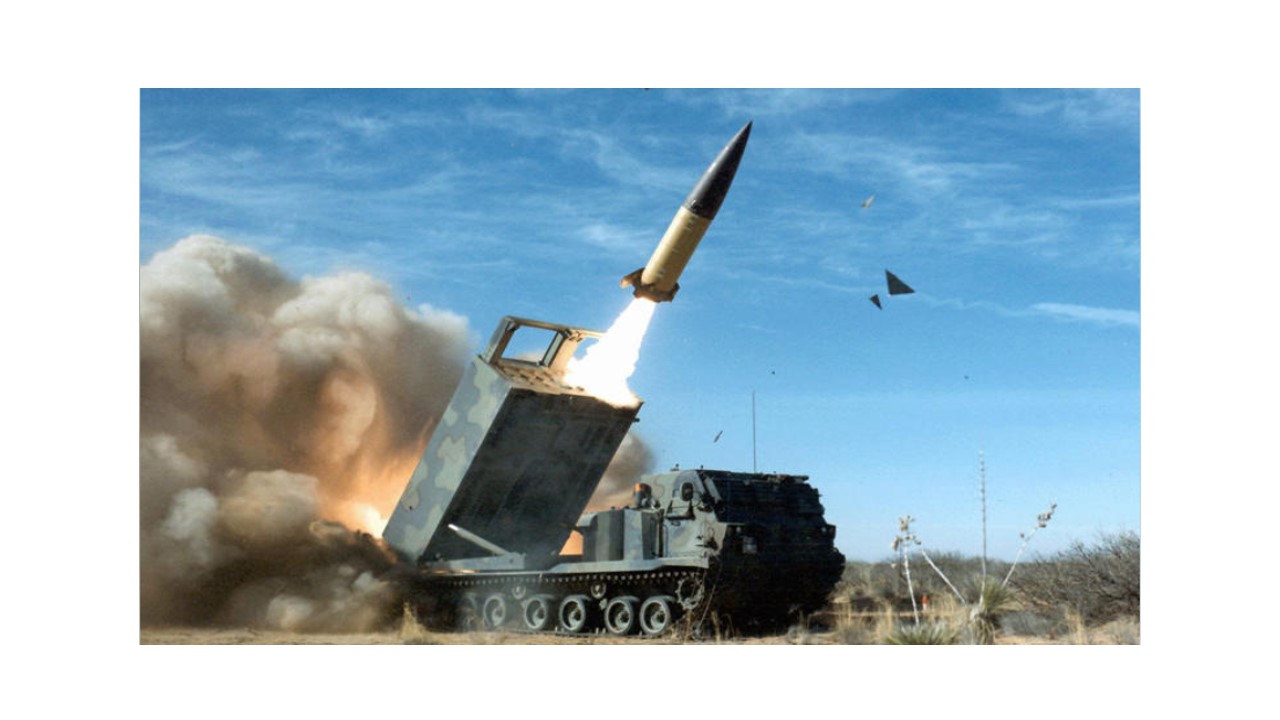The ongoing war between Russia and Ukraine has reached a point where the conversation is shifting toward the use of more advanced and longer-range weapons. Ukraine has been seeking approval from the U.S. and U.K. to expand its use of Western-supplied weapons, like the British Storm Shadow missiles, to strike deeper into Russian territory. These discussions are critical as both sides weigh the potential consequences of such actions.
President Biden and British Prime Minister Keir Starmer are set to meet to discuss this issue. Ukraine’s leaders, including President Zelenskyy, argue that targeting key Russian military bases and missile sites deep within Russia could weaken Russia’s military capabilities and bring the war closer to an end. However, the U.S. has been cautious in approving the use of such weapons, fearing that it might escalate the conflict further. Russian President Vladimir Putin has already warned that deeper strikes could lead to direct conflict between NATO and Russia, which would be a dangerous escalation.
In this context, Biden and Starmer have a tough decision to make. On the one hand, limiting Ukraine’s access to long-range weapons might prolong the war, making it harder for Ukraine to gain an upper hand. On the other hand, expanding the use of these weapons risks drawing the West into a much larger confrontation with Russia.
The question remains: should Ukraine be given the green light to use these weapons? There are valid points on both sides. Supporters argue that Russia’s previous threats of escalation have proven to be mostly bluster, and Ukraine needs every tool available to defend itself. Others worry about the unpredictable consequences of allowing strikes deep inside Russia, fearing a wider war that could involve many more countries.
View Also:- Will the U.S. Allow Ukraine to Use Long-Range Missiles Against Russia?
Additionally, there’s growing concern about the strengthening military partnership between Russia and Iran. The U.S. recently revealed that Iran has supplied Russia with short-range ballistic missiles to be used in Ukraine, further complicating the global security landscape. In return, Russia has been providing Iran with nuclear and space technology, which has implications beyond the current conflict.
Given the situation, it’s clear that the U.S. and U.K. need to balance their support for Ukraine with the broader risks of escalating the war. While Ukraine’s right to self-defense is undisputed, allowing deeper strikes into Russia could bring unintended and severe consequences. A measured approach that strengthens Ukraine’s defensive capabilities without crossing a dangerous threshold might be the best way forward. Ultimately, the goal should be to help Ukraine defend itself while avoiding a global war that would be devastating for all.








